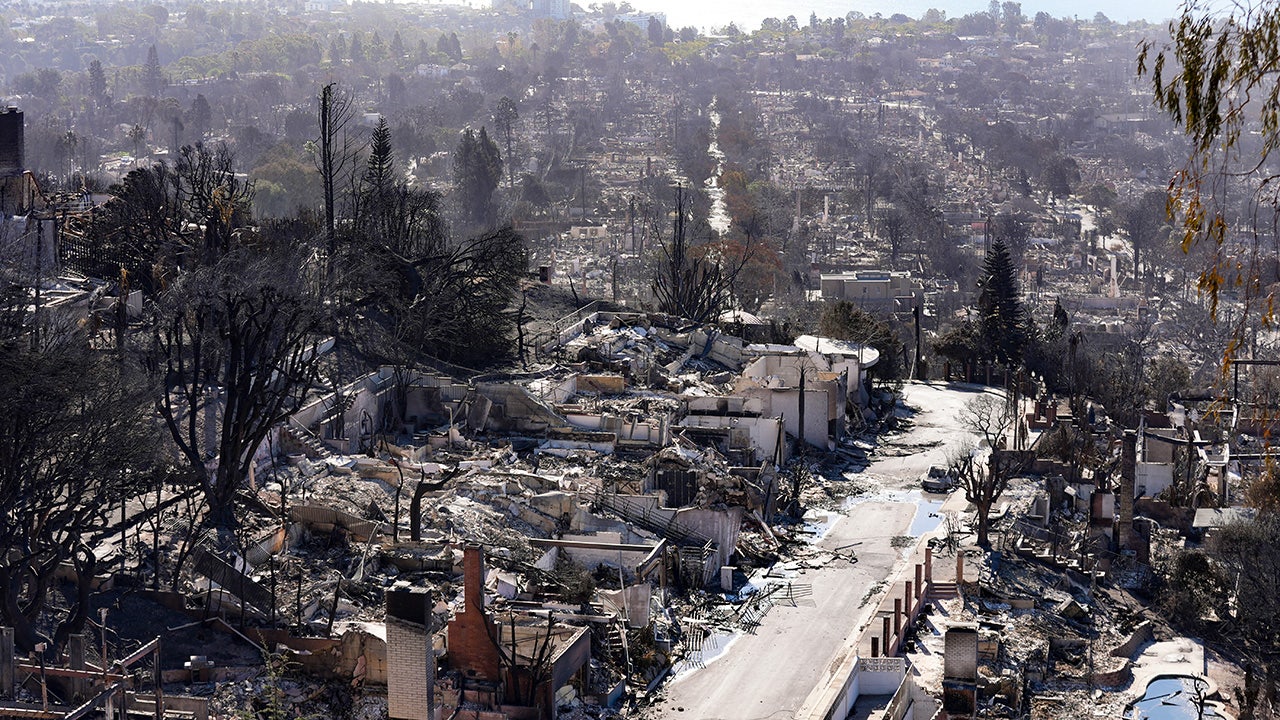Researchers blame CA wildfires on climate change, pedal ‘alarmist’ non-peer reviewed studies: Experts

An international research group, supported by billionaire Jeff Bezos and the progressive George Soros Foundation, has stirred controversy with its claim that the recent wildfires in Los Angeles were caused by “human-induced” climate change. The World Weather Attribution (WWA) group, founded by Dr. Friederike Otto and Dr. Geert Jan van Oldenborgh, has been conducting numerous studies on the impact of climate change on extreme weather events since 2014.
The group’s latest study, titled “Climate change increased the likelihood of wildfire disaster in highly exposed Los Angeles area,” was quickly picked up by major media outlets, drawing both praise and criticism. Some environmental critics have labeled the group as “alarmist” and accused them of being influenced by leftist organizations pushing a specific climate narrative.
Jason Isaac, founder of the American Energy Institute, a nonprofit promoting economic freedom through environmental policies, expressed frustration with the study, questioning its methodology and lack of peer review. He pointed to California’s poor land management practices as a significant factor in the wildfires, arguing that the state’s focus on climate commitments should not overshadow fire prevention efforts.
Steve Malloy, a former Trump EPA Transition Team Member, echoed similar sentiments, calling the study “pal-reviewed” and lacking scientific foundation. He criticized the media for uncritically accepting the group’s findings and emphasized the need for a more rigorous scientific approach to attributing extreme weather events to climate change.
The study comes at a time when President Donald Trump has rolled back U.S. climate commitments, leading to concerns about increased climate change-driven initiatives in the future. Despite the backlash, the WWA defends its rapid attribution studies, which are released before peer review to provide timely information on the influence of climate change on extreme weather events.
While the group faces challenges in conducting its research, such as limited weather data and modeling constraints, it continues to publish its findings in peer-reviewed journals to contribute to the scientific understanding of climate change impacts. The debate surrounding the role of climate change in natural disasters like wildfires is likely to persist, as stakeholders grapple with the complex interplay of environmental factors and policy decisions.
As the WWA continues its work, questions about the influence of climate change on extreme weather events will remain at the forefront of scientific and policy discussions. The need for robust research and evidence-based decision-making in addressing climate change challenges is essential to developing effective strategies for mitigating its impacts.




